Improving counting skills Addition Worksheets for Ages 3-8
10 filtered results
-
From - To
Unlock your child's potential with our "Improving Counting Skills Addition Worksheets" for ages 3-8 at Kids Academy. Our engaging and interactive worksheets are designed to build a strong foundation in addition through fun activities and exercises. These expertly crafted resources will help your young learner develop critical counting skills and reinforce their understanding of basic math concepts. Each worksheet features colorful illustrations and age-appropriate challenges, ensuring that learning math becomes an enjoyable adventure. Give your child a head start in their mathematical journey with our comprehensive, easy-to-use addition worksheets. Visit Kids Academy today and watch their confidence in counting soar!
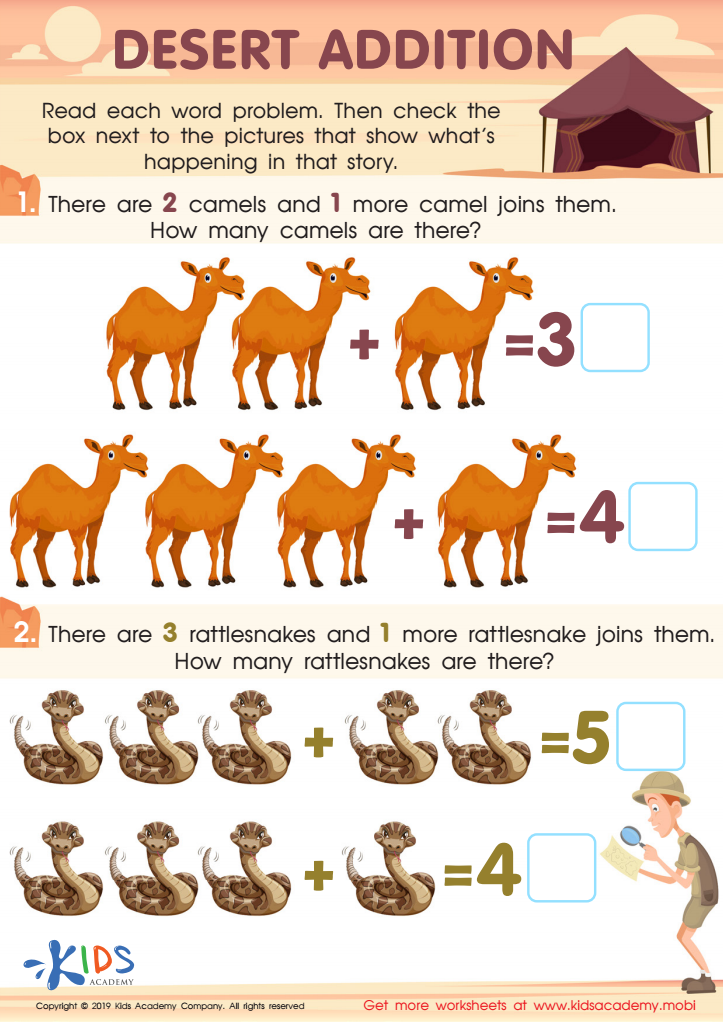

Desert Addition Worksheet
Counting and basic addition are fundamental building blocks for cognitive development and mathematical understanding, especially for children aged 3-8. Mastery of these early math skills forms the foundation for more advanced topics such as multiplication, division, and algebra. Consequently, parents and teachers must prioritize nurturing these abilities to ensure children's academic success and self-confidence.
Improving counting skills and basic addition bolsters problem-solving, reasoning, and critical thinking capabilities. Engaging in these activities enhances memory, encourages attention to detail, and facilitates the understanding of numbers as abstract concepts. In a rapidly evolving global economy that increasingly values STEM (Science, Technology, Engineering, and Mathematics) competencies, early proficiency in math helps foster a lifelong interest and competency in these crucial areas.
Furthermore, early math skills correlate with better overall academic performance. Children who develop strong arithmetic skills often exhibit improved literacy, stronger vocabularies, and advanced language abilities due to the comprehensive mental exercise that mathematical thinking provides.
Parents and teachers play a key role by incorporating counting games, hands-on activities, and intuitive reasoning exercises into daily routines and curricular programs. By fostering an encouraging and supportive learning environment, adults help children build the confidence and competence needed for future academic and personal successes. Prioritizing early math skills is thus essential for nurturing well-rounded, capable, and curious learners.

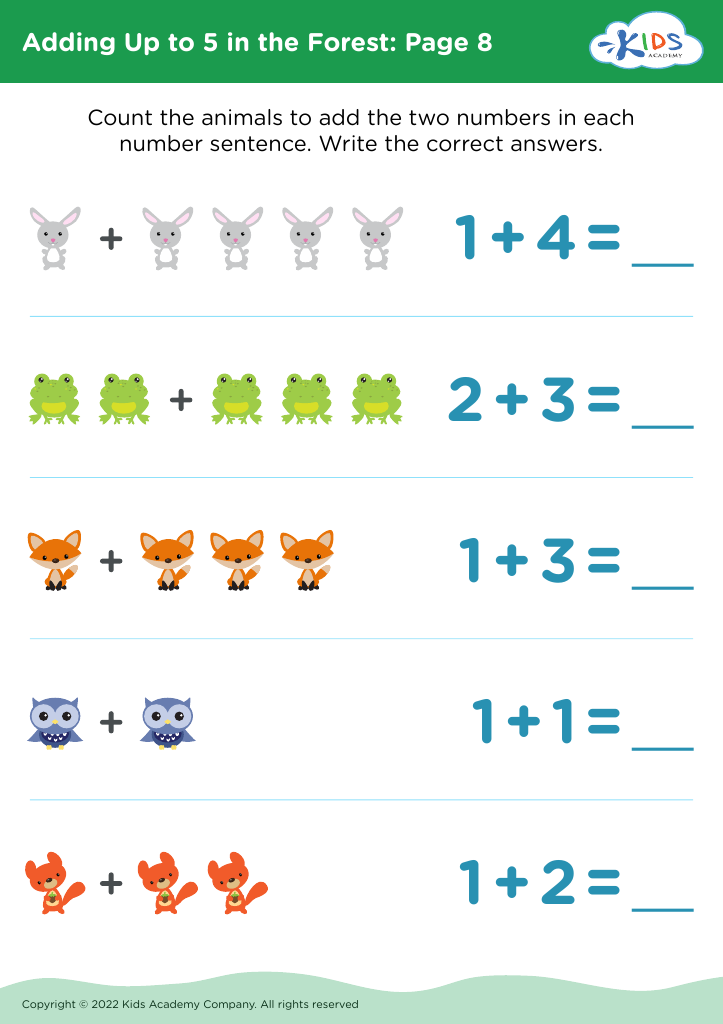
 Assign to My Students
Assign to My Students
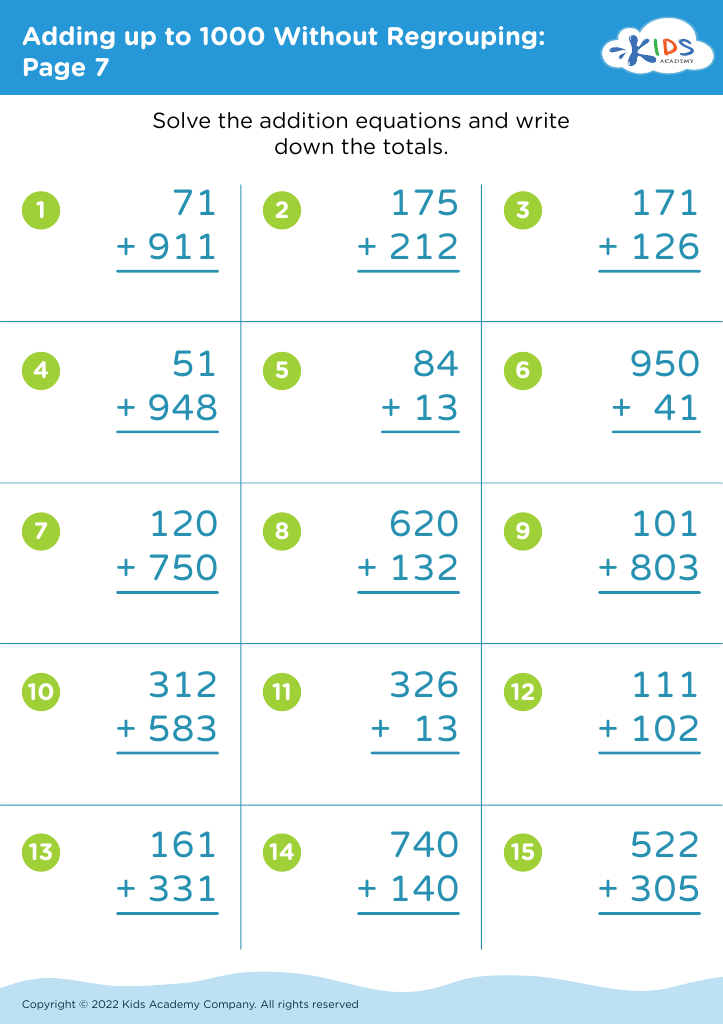

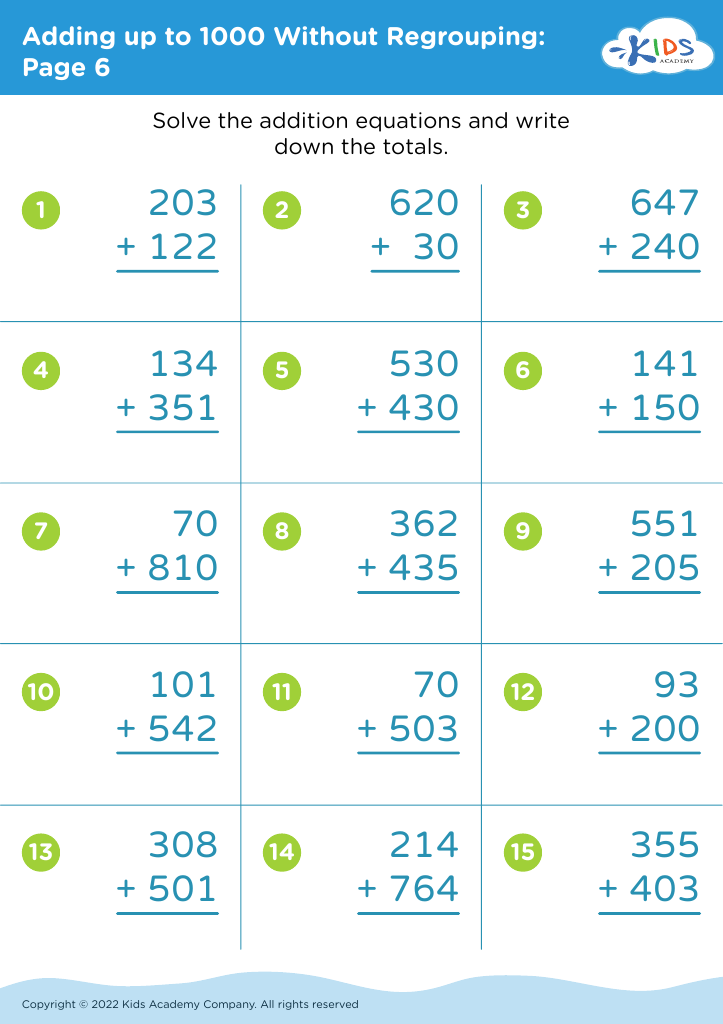

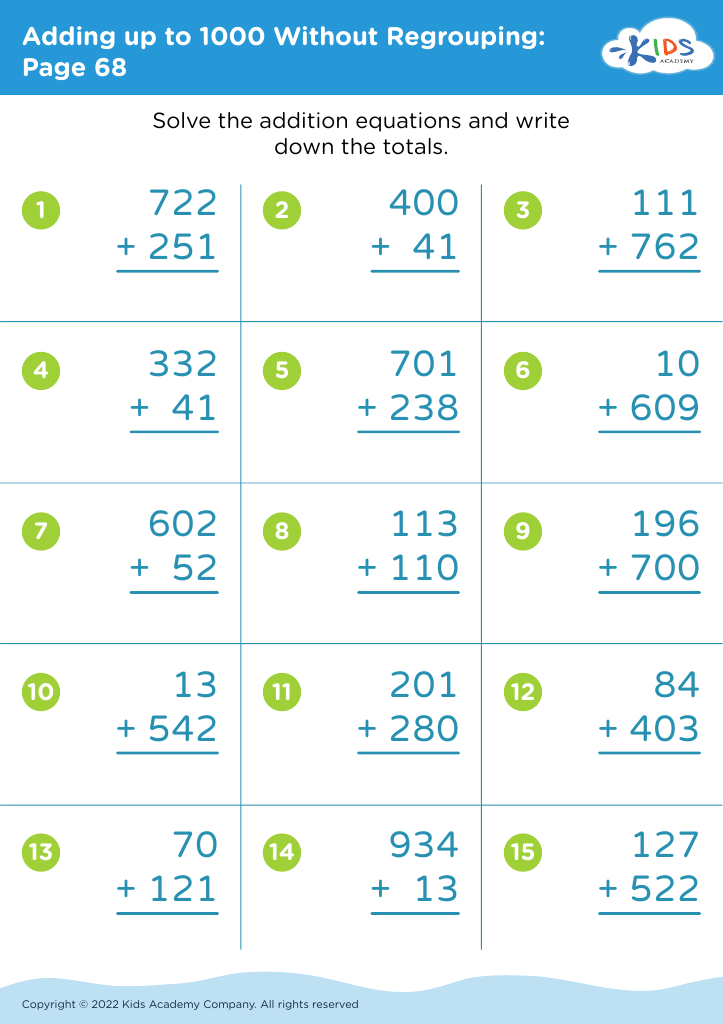

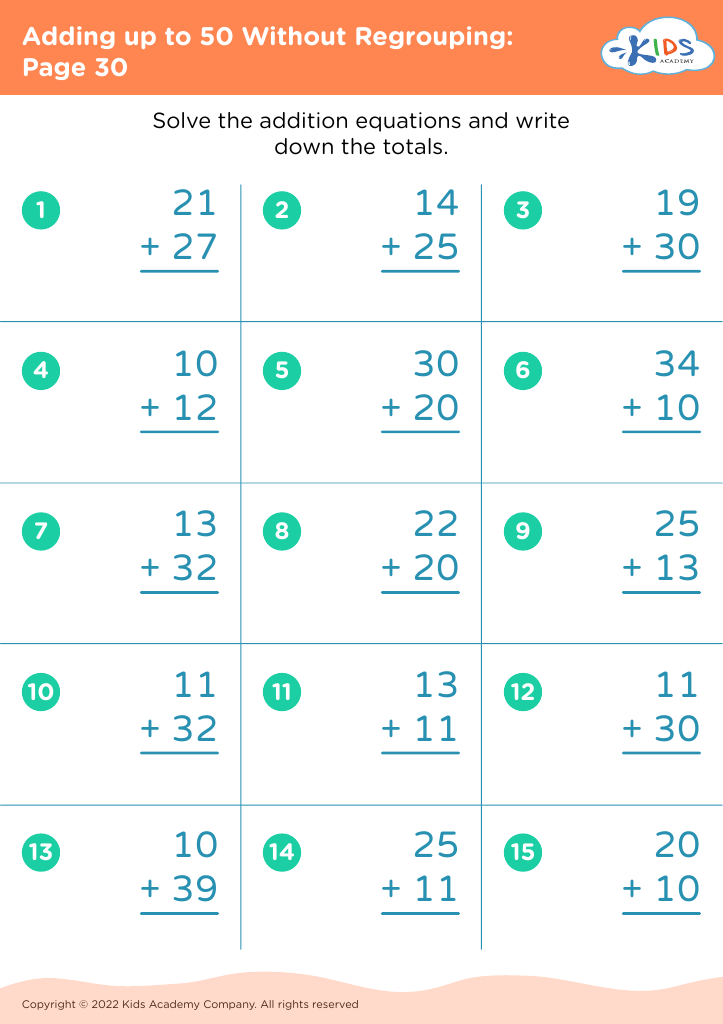



.jpg)












